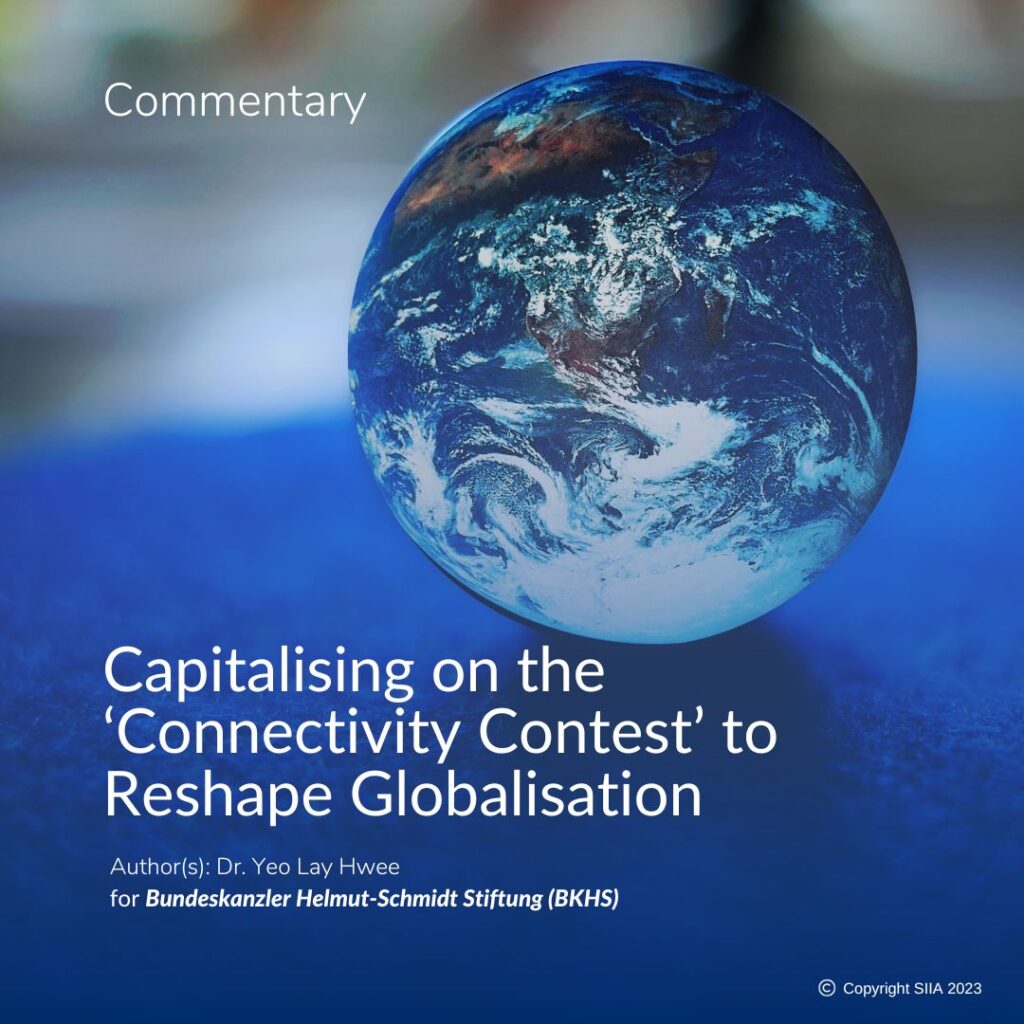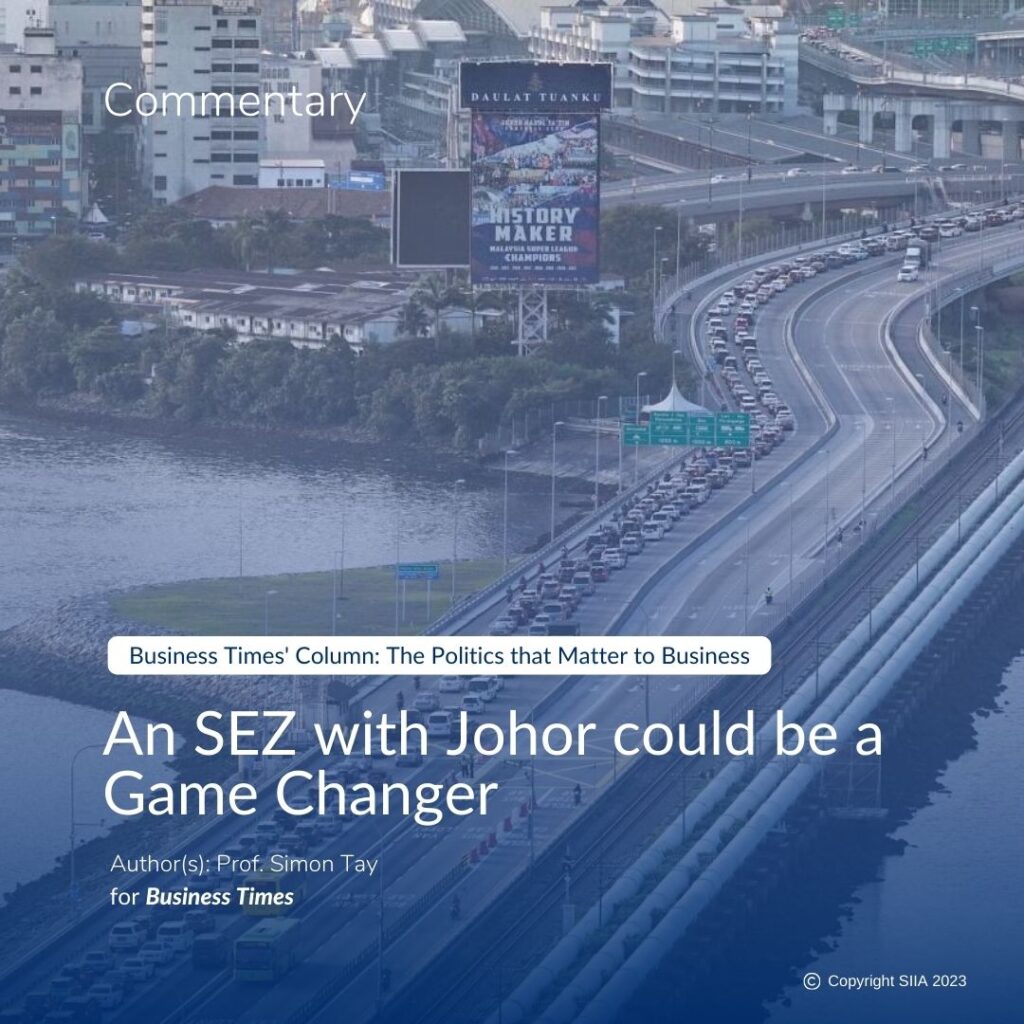Some fear that Indonesia is heading for a crisis. Growth in the second quarter dropped below 6 per cent. Deficits in both the current account and trade widened markedly. The rupiah fell some 10 per cent last month to its lowest level against the US dollar in four years.
Investor confidence is shaken. The estimate is that a staggering US$4 billion (S$5 billion) in capital has recently flowed out of the country.
If there is a crisis, the entire region should be concerned. The Association of Southeast Asian Nations (ASEAN) is building its Economic Community by 2015 and Indonesia is some 40 per cent of the region’s economy.
Investors see the region as an interconnected whole and the past crisis shows how quickly and quite indiscriminately contagion spreads. Indonesia’s ASEAN neighbours should watch their economic woes carefully, as they, too, rode the same wave of growth in recent years.
CRISIS AVERTED BUT BOOM ENDED
The good news, though, is that fears about the crisis in Indonesia are overstated. Corporate balance sheets seem healthy. Flexible exchange rates can absorb shocks.
Even as the rupiah drifts downward, there is no need to panic. Indonesia should not try to prop up the currency and, given its relatively low levels of foreign reserves, it has no real capacity to try.
If there is extreme financial and currency volatility, the macro-economic conditions are more supportive than before.
The Chiang Mai Initiative’s Multilateralization (CMIM) mechanism provides for currency swops and others — especially Japan and China — would extend assistance to deal with the fluctuations.
A crisis can be avoided. There are, however, no easy and quick solutions to bring back the boom.
Normally, a weaker currency would help push up exports — but not in this case. Indonesia’s main exports, like coal and palm oil, face weak demand and generally low prices as China’s growth has slowed and the resource boom has ended. For manufactured goods, its still-developing industrial sector cannot generate big foreign-exchange receipts.
Even as steps are being taken to staunch the financial problems, expect higher inflation, interest rate hikes and slower growth. Looking ahead, it will be tricky to find the right balance in raising interest rates to control inflation while avoiding further slowdowns in growth.
POLITICAL WILL AND REFORM NEEDED
However, recent appointments of top policymakers offer hope. Finance Minister Chatib Basri and Bank of Indonesia Governor Agus Martowardjojo are both highly-rated and credible choices.
Since their appointments in May, policy-making has noticeably improved. Jakarta has cut fuel subsidies and raised interest rates to tackle inflation. The government’s 2014 budget also aimed to reduce the budget deficit. They offer hope that there is political will and sufficient expertise to do what is necessary, however painful and difficult.
This has not always been the case. During the boom, policymakers and the legislature refused to take reform seriously. Instead, they made nationalistic and protectionist rules. Political in-fighting and corruption scandals, too, distracted from economic issues.
Even today, some in Jakarta seem to be in denial, pointing to external factors as the sole cause of current problems.
Others are distracted by preparations for next month’s APEC Summit and, even more, next year’s presidential elections.
Yet reform is critical to boosting competitiveness and regaining investor confidence. Many issues are long recognised, such as infrastructure gaps and energy subsidies. Others are problems emerging from the boom, like the rapidly rising wages and expectations among workers.
… AND ASEAN INTEGRATION
Ironically, while Indonesia is by far ASEAN’s biggest economy, it has also been relatively closed and separate. The current situation shows a more complex reality of interdependencies.
As investors see ASEAN as a whole, Indonesia’s market jitters could affect its neighbours. Other ASEAN economies also rode the wave of loose United States monetary policy. With this wave ending, they might also suffer.
Efforts to solve the current problems could twin with the goals of ASEAN community and economic integration.
Reforms to improve infrastructure and align trade and other policies can increase ASEAN’s connectivity and synergies, thereby strengthening ASEAN’s economic fundamentals, protecting the region from further panic.
If Indonesia can deal with the current problems and set an agenda for reform that also integrates its economy more closely with the region, this would indeed be a lasting legacy for the Susilo Bambang Yudhoyono Presidency.
ABOUT THE AUTHOR:
Simon SC Tay is Chairman of the Singapore Institute of International Affairs and a professor with the National University of Singapore. The SIIA held its sixth annual ASEAN and Asia Forum on 12 September, on the key and emerging issues in the region.
This article was published in TODAY on 12 September. It also appeared in the ‘Asia Weekly’ edition of China Daily (PDF version available) and The Nation on 13 September, and The Japan Times on 22 September.




